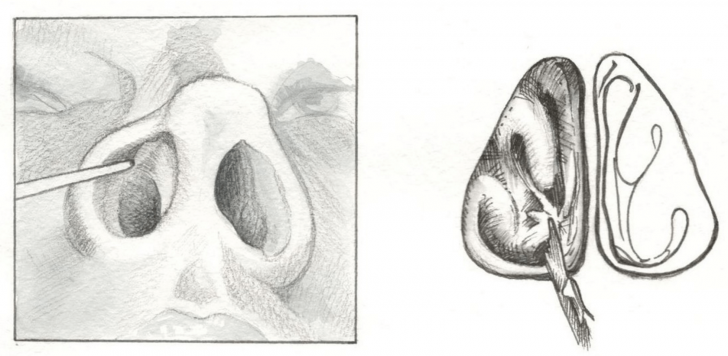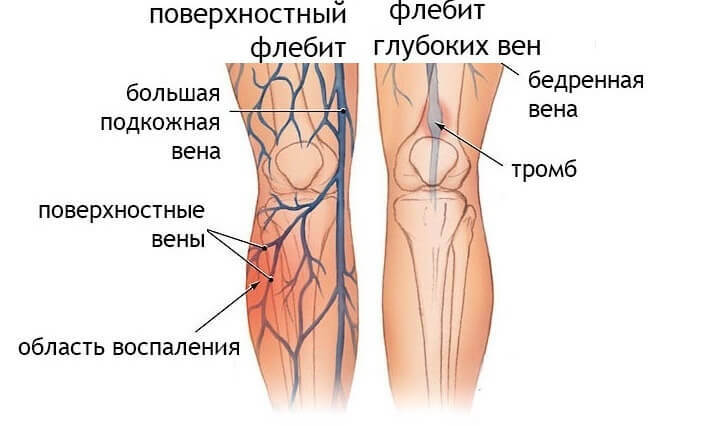Parathyroid hormone is elevated: what does it mean
Content
- What is parathyroid hormone?
- What does an increased level of parathyroid hormone say?
- The reasons for the increase in parathyroid hormone
- Symptoms of elevated PTH in the blood
- Low blood levels of PTH
- The rate of parathyroid hormone in the blood in women, men and children
- PTH level in the blood in women during pregnancy
- Why is a blood test for Parathyroid hormone prescribed?
- How to properly prepare for a venous blood donation?
- How to keep your PTH normal
What is parathyroid hormone?
Parathyroid hormone (ptg, parathyroid hormone, parathyrin) - this hormone is produced parathyroid glands (these are four small endocrine glands located behind the surface of the thyroid gland).
PTH is responsible for regulating calcium, vitamin D and phosphorus levels in blood and bones

Too much calcium can be a sign of hyperparathyroidism. What does it mean? This condition, just the same, arises as a result of overactive parathyroid glands, which produce too much PTH.
Excess calcium in the blood can lead to kidney stones, irregular heartbeats, and brain abnormalities.
The content of paratin in the body of a woman does not differ at all from the content of men. But to a greater extent, parathyroid hormone is produced in women with age.
What does an increased level of parathyroid hormone say?
An increased level of parathyrium in the body can indicate dangerous metabolic disorders, indicating a decrease in the level of calcium in human blood.
In the event of a shortage of the necessary substances, the body looks for a way to replenish the deficit from any available source.
Almost all calcium is found in the bones, from where the body automatically takes it when the concentration of calcium in the blood vessels is low. In this process, parathyroid hormone is involved and its level increases.
Parathyroid hormoneelevatedat women slows down the formation of new bone cells, which contributes to the destruction of bones, which leads to the development osteoporosis, pathological softening of bones.
Also, a long-term excess of calcium in the blood affects the kidneys and urinary system: the risk of stone formation increases.
Read also:Chronic disease anemia
It also has a significant effect on the cardiovascular system: an increased level of the hormone favors the development of calcification, in which salt deposits appear in various tissues and organs. The risk of appearance stomach ulcers, there are interruptions in blood circulation.
The intensity of PTH production is influenced by many factors, for example, natural ones: the hormone is produced more abundantly at night than during the day. The maximum concentration of paratin is reached at about 3 o'clock in the afternoon, the minimum is about 7 o'clock in the morning.
The reasons for the increase in parathyroid hormone
An elevated PTH level can result in hypoparathyroidism:
- Primary hyperpatariosis is a benign neoplasm of the parathyroid gland, and the syndrome can also occur due to malignant viral cells or hyperplasia.
- Secondary hyperpatariosis is explained by impaired mineral metabolism or insufficient calcium concentration in the blood vessels. An excess of phosphorus in the blood can also be the cause. These failures can occur for the following reasons: bone diseases, kidney pathology.
- Pseudohypoparathyroidism - Oncology.
For the treating specialist, it is important to correctly determine the diagnosis, since their treatment varies greatly - in one case it requires the intervention of a surgeon, in the other only the use of drug therapy.
Primary hyperparathyroidism is treated with surgery. This disease often affects older people. It is worth paying attention to the doctor's indications for the treatment of the disease.
Secondary hyperparathyroidism is treated with a vitamin D course, as well as with drugs that contain the element calcium. If the therapy does not have the desired effect, medical specialists perform a surgical intervention.
The indication for the operation is a three times higher norm of parathyroid hormone.
Tertiary hyperparathyroidism is one of the possible complications of a patient's kidney transplant. Treat the complication with subtotal parathyroidectomy.
Symptoms of elevated PTH in the blood
With increased parathyrin, the following symptoms are possible:
- muscle weakness;
- pain in the limbs;
- dry skin, earthy shade;
- looseness of the joints;
- heavy gait;
- drowsiness;
- irritability;
- strong emotionality.
The level of PTH in the blood greatly affects human health. Therefore, when the first symptoms of a deviation of the hormone level from the norm appear, you should consult a doctor.
Read also:Iron deficiency anemia (IDA)
Low blood levels of PTH
But the decrease in the level of parathyroid hormone should not be ignored. This deviation can contribute to nervous excitability, the occurrence of muscle spasms and seizures. The following reasons can affect a decrease in the level of ptg in a person's blood.
- sarcoidosis of the lungs (Beck's sarcoidosis, a disease Beigne - Beck - Schaumann), a pathology that affects the lungs.
- lack of magnesium in the blood vessels (dizziness and headaches).
- surgery performed on the thyroid gland.
- osteolysis is a pathology that completely absorbs the elements contained in the bone tissue.
The rate of parathyroid hormone in the blood in women, men and children
Norms for men:
- Under 23 years of age: the minimum value is 12.0 pg / ml, the maximum is 95.0 pg / ml.
- From 23 to 70 years old: the minimum value is 9.5 pg / ml, the maximum is 75.0 pg / ml.
- From 70 years old - the minimum value is 4.7 pg / ml, the maximum value is 117.0 pg / ml.
Norms for women:
- Up to 20 years: the minimum value is 12.0 pg / ml, the maximum is 95.0 pg / ml.
- From 20 to 70 years: the minimum value is 9.5 pg / ml, the maximum is 75.0 pg / ml.
- From 70 years old: the minimum value is 4.7 pg / ml, the maximum is 117.0 pg / ml.
- During pregnancy: the minimum value is 9.5 pg / ml, 75.0 pg / ml.
Norms for children:
- Consistent from birth to full maturity at age 22.
- The minimum value is 12.0 pg / ml, the maximum is 95.0 pg / ml.
PTH level in the blood in women during pregnancy
During gestation, the analysis of blood particles for the content of parathyroid hormone is necessary.
During pregnancy, the possibility of any disturbances in the body increases, therefore, there are risks of complications in the child in the future.
Low blood levels of PTH in pregnant women are common. The decrease in hormone levels is due to a decrease in the level of albumin (human serum albumin, a protein found in blood plasma).
Read also:High levels of potassium in the blood (hyperkalemia)
During different periods of pregnancy, the rate of paratin level in a woman's blood varies.
- First trimester: 10-15 pg / ml.
- Second trimester: 8-25 pg / ml.
- Third trimester: 9-26 pg / ml.
Why is a blood test for Parathyroid hormone prescribed?

- When diagnosed with hypoparathyroidism.
- For monitoring patients with chronic malfunction of calcium metabolism in the body.
- To find out the reasons for the violation of calcium metabolism.
- To assess the effect of the treatment of pathology.
Also, the doctor can prescribe the delivery of tests for ptg, if the following pathologies are detected:
- Sclerotic changes in the spine.
- Urolithiasis disease.
- Deviation of the concentration of calcium in the blood vessels from the permissible norm.
- Osteoporosis suspected.
How to properly prepare for a venous blood donation?
Attention! Before you go to take tests to detect a possible violation of the concentration of parathyroid hormone in the blood vessels of a person, it is worth visiting an endocrinologist, orthopedist or therapist.
- Do not drink alcoholic beverages a day before the analysis.
- Do not eat for 12 hours before testing.
- Do not overstrain physically and emotionally the day before the study.
- If a person smokes, you need to forget about this bad habit 3 hours before the test.
How to keep your PTH normal
One of the most important types of prevention is the timely treatment of viral and infectious diseases. It is also important to maintain a healthy lifestyle. With a lack of vitamin D, you should regularly take walks in the fresh air, follow a vitamin-containing diet.
Also, special care and proper treatment are required for people who have undergone surgery on the parathyroid glands, which help reduce the chance of irreparable processes in the glands.
After such an operation, the patient must follow a certain diet consisting of foods that are rich in calcium. Foods that are high in phosphorus, such as seafood, cottage cheese and cheese, should be excluded from the special diet.



